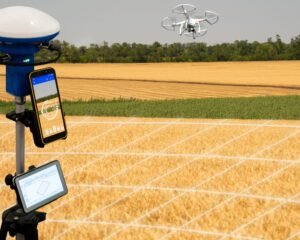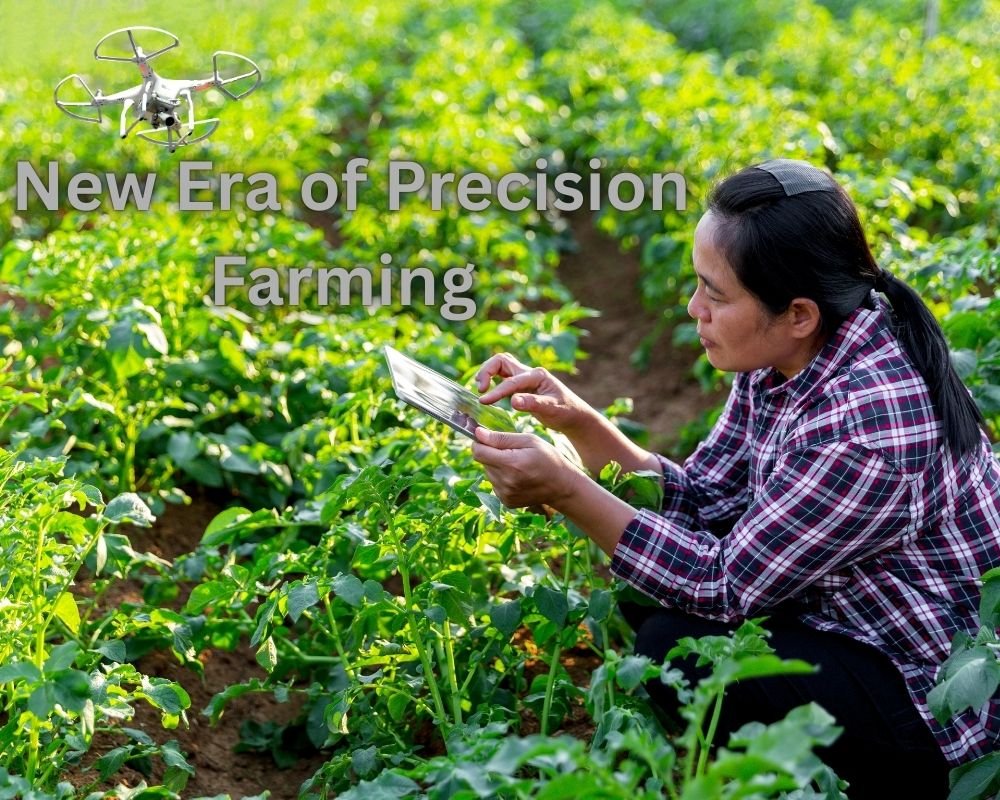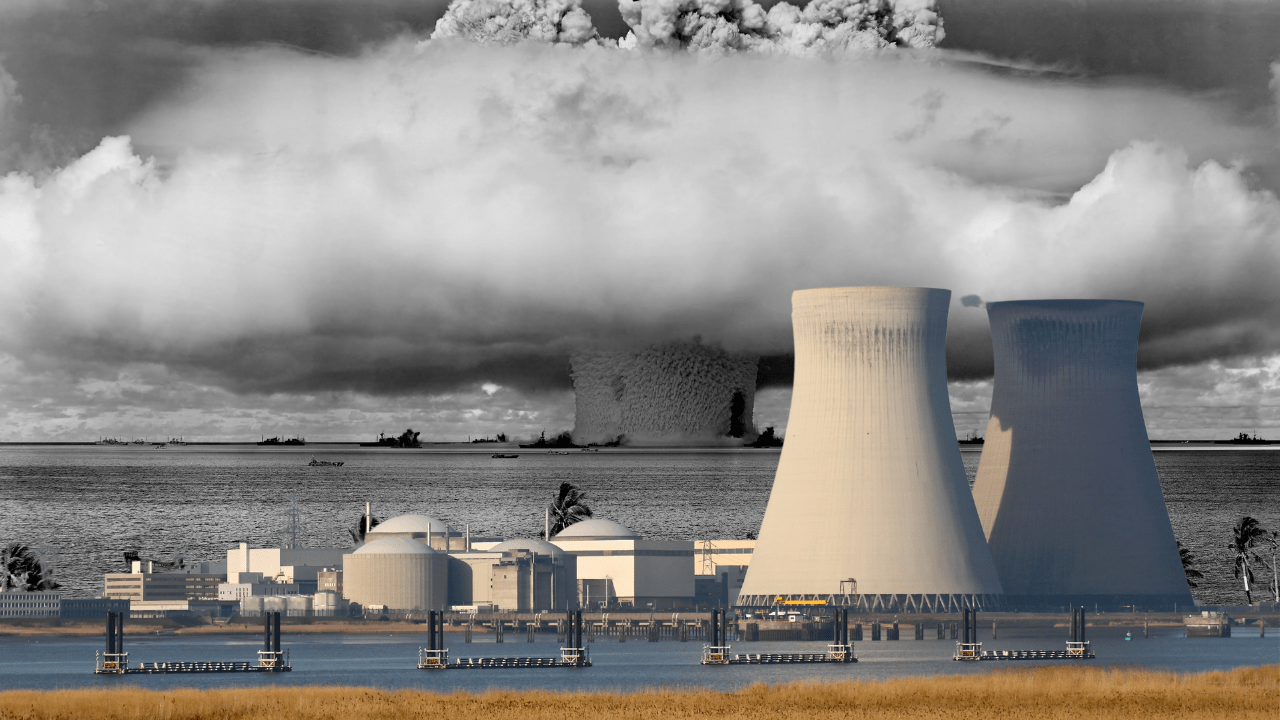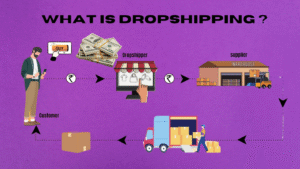Machine Learning in Agriculture: The New Era of Precision Farming
Beginning with Machine Learning in Agriculture
With precision farming technology, machine learning helps with crop monitoring as well as agriculture transformational. Farmers are able to optimize resource use, increase yields while managing mitigating environmental impacts. Powerful algorithms provide actionable insights from satellite, drone, and sensor data streams, for example, AI Resumes helps farmers make decisions by predicting crop health trends. Farmers are able to make these inform decisions in a matter of time. Also, by integrating AI solutions, like a free AI resume builder, farm management gets automated. We are living in the digital era and with the help of machine learning, agriculture is becoming more sustainable and efficient. Discover the impact of niche applications on farming.

With AI and Machine Learning, Farms Become Smarter
Precision Farming Enhancements
AI has transformed everything to do with farming with the help of precision farming. They can make better planning and agricultural resource allocation decisions with the help of algorithms that analyze soil, crop, weather data and determine the best time for planting and irrigation. This will increase the productivity and reduce the waste. For instance, using AI tools like resume AI, farmers are able to set optimal crop planting schedules, resource allocation is enhanced. Moreover, pests such as locusts are monitored early AI resume builder free for farmers, enabling them to conduct simplified data analysis right in the fields with portable devices, precision applied economics. This ensures low-cost, accurate targeted interventions, which in turn helps achieve the goals of precision farming. Read about precision farming. It is machine learning that improves eco-friendly farming globally.
Alt Text for Infographic: Infographic illustrating AI drones supervising crops with soil analysis and weather data, highlighting efficiency in precision farming.
Cutting Edge Technologies: Real-Time Insights for Better Yields
Crop Monitoring Advancements
Advancements in machine learning have brought a shift in the crop monitoring paradigm. For instance, IoT sensors and satellite imagery offer real-time updates and pictures of the crop health status, enabling farmers to address nutrient deficiencies or diseases in good time. Resume DE AI tool detects patterns and trends to forecast yields, which helps farmers maximize productivity. In addition, AI-powered tools, such as the AI resume builder free to use systems, make it possible for farmers to interpret the complex data and draw informed conclusions. As a result, farmers are able to address pertinent issues in good time, which helps in raising crop yield. AI, according to the FAO, enhances crop monitoring efficiency by 30%. Offered by our internal platforms, like the AI consultancy page, these solutions are customized to the user. In this regard, machine learning champions proactive crop management and instills resilience.
Alt Text for Chart: Bar chart depicting the difference in traditional and AI-enabled crop monitoring illustrating 30% yield boosts attributed to machine learning.
Agricultural Use Cases for Machine Learning
Soil Health Assessment
The contribution of machine learning to farming is quite notable. Algorithms utilize data obtained from soil sensors to cipher soil composition and moisture. To sustain farming, soil health analysis is automated. Farmers are now able to reduce environmental damage by precision applying fertilizer. For example, resume predictive algorithms on AI-powered platforms predict the nutrient requirement for soil with astonishing accuracy. Moreover, platforms that are AI driven and free to build resumes aid in the construction and effective representation of soil data. Such resources greatly aid farmers in making decisions that are smarter. Check out the Ground-breaking advances in soil health. Thus, machine learning enhances soil management effectively.
Diseases and Pest Forecasting
Pest control is greatly enhanced through the use of machine learning. AI powered algorithms are able to assess weather as well as crop data to identify risks in a preliminary manner. Thus, farmers can administer the required interventions in a more streamlined manner that reduces total pesticide reliance. Tools powered by AI enable precise forecasting of pest infestation. Such AI tech assist free resume builders a great deal in risk assessment. Because of this technology, a great deal of crop under cultivation will be saved from being needlessly destroyed. This enables farms to enjoy a much higher standard of livings. Thus, AI makes for healthier agricultural products while facilitating eco-friendly farming methods.
Alt Text for Infographic: Infographic with light imagery showing AI analyzing data about potential pest dangers, featuring crop and weather information.
Yield Prediction and Its Optimization
Machine learning, algorithms specifically, aid in yield prediction by leveraging historical and current data to analyze and forecast yields. Consequently, farmers can plan logistics and manage their supplies more efficiently. For instance, resume AI tools provide real-time accurate yield estimates and assist farmers with information. These insights streamline supply chain management. Moreover, case studies reveal stunning results of machine learning yield predictions. Seeing such numerics ensures raw data filtering operational excellence machine learning drives optimizations.
Other Use Cases of Machine Learning in Agriculture
Benefits of AI Integration
Importance of machine learning in modern agriculture cannot be understated. Firstly, AI technologies boost efficiency by better resources allocation, and secondly they improve overall yields due to constant tracking. Also, AI powered resume builders drastically lower operational costs by data analysis automation. Furthermore, AI resume builder free services broaden technology access for other farmer tiers. Adoption of such technologies has proven to increase farm profitability by twenty percent according to USDA. Proprietary assets such as our generative AI solutions are available internally. Thus, leveraging such tools promotes sustainable and profitable framings while ensuring the rapid modernization of the sector.
Alt Text for Chart: Line chart showing profits of farms that implemented AI, visualizing a boost from traditional farming metrics to machine learning methods.
Challenges and Future Prospects
Overcoming Barriers with AI
While beneficial, machine learning in agriculture still has obstacles to tackle. One of the main issues is small farmers and their inability to access the technology. Moreover, there are data privacy issues that come with IoT devices. On a positive note, cost-effective AI tools help fill these gaps. Similarly, free AI resume builder tools widen access to technology. In the future, consulting with generative AI will enable more people to access these tools. Explore AI trends. Consequently, the future of AI in agriculture holds great potential.
Conclusion: The Future of Farming with AI
Embracing AI for Sustainability
The implementation of machine learning brought precision farming and crop monitoring. Farmers now have improved efficiency and sustainability through the use of resume AI and free-tiered AI resume builders. Innovations will continue to foster even in the face of challenges. For farmers who wish to use the new AI technologies, internal services such as our AI consultancy offer guidance. In any case, machine learning sets the basis for building a resilient and productive agricultural framework. Let us embrace AI to pour cultivation into farming and smarter agricultural practices today.



















Post Comment